Penn State team uses 3D cross-linked polymer sponge to stabilize Li-metal anodes
Green Car Congress
NOVEMBER 15, 2018
A team at Penn State has developed a three-dimensional, cross-linked polyethylenimine lithium-ion-affinity sponge as the lithium metal anode host to mitigate the problem of dendritic growth of the metal anode. —Li et al. A paper on their work is published in Nature Energy.



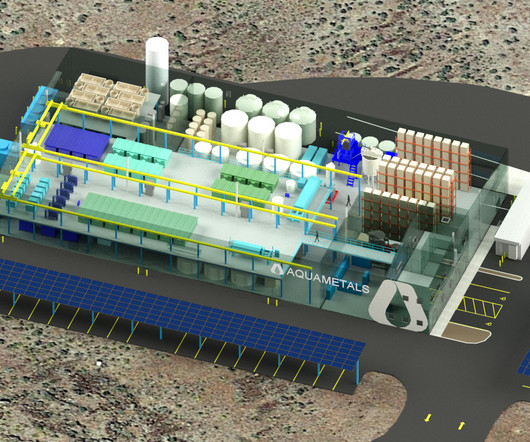

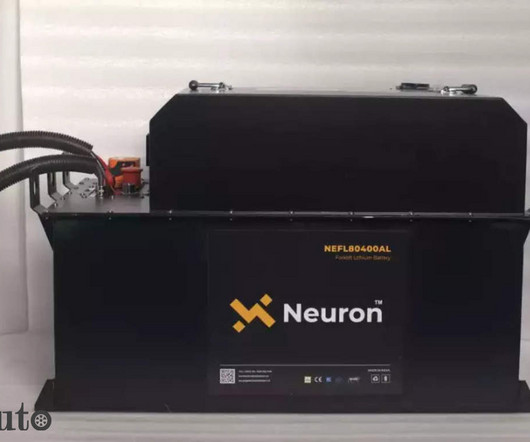
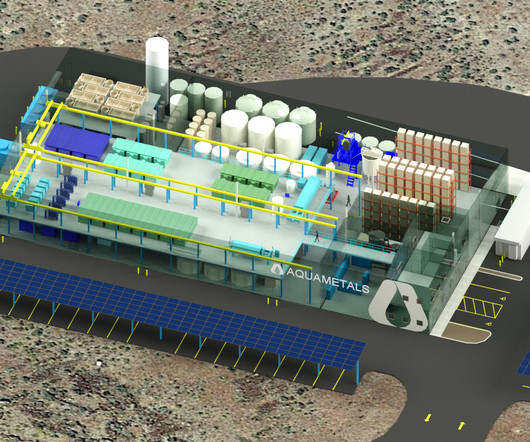




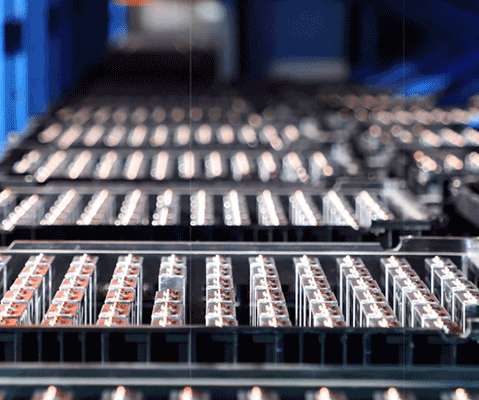
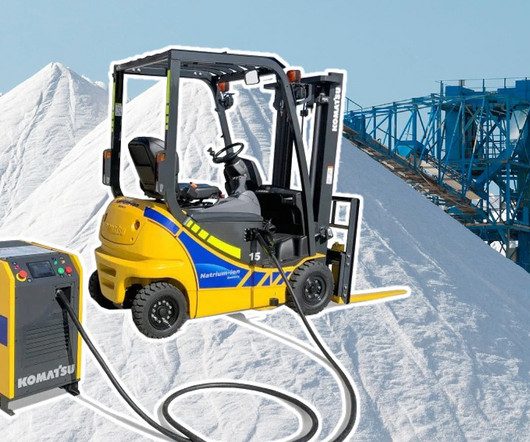







Let's personalize your content